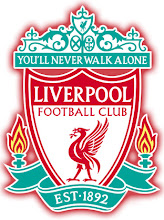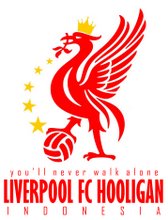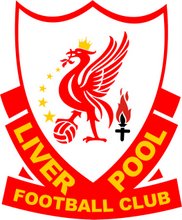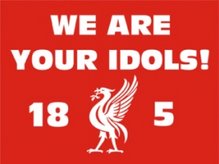SUPER LEAGUE BREAKAWAY RESURFACE
Secret talks have taken place between Europe's leading football clubs and Brussels politicians that could lead to a breakaway super league.Sources involved in the discussions, held at the PSV Eindhoven-Arsenal Champions League match in February, state that a breakaway is the "ultimate threat" that could be exercised if Uefa and Fifa "run wild" in their governance of the game.
The talks were prompted by clubs' concerns over the findings of the Independent European Sport Review, a report commissioned by the sports minister, Richard Caborn, during the UK's presidency of the European Union last year. The review set in train a process that will come to an end when the commissioner Jan Figel, who attended the Eindhoven meeting, delivers a white paper for sport to the European Commission later this year.
Among the politicians present were Toine Manders, a Dutch MEP who is a long-standing advocate of free-market principles for football, and Ivo Belet, the Belgian MEP who drafted the European parliament's input into the white paper. Speaking on the BBC Parliament channel's Record Europe, Belet said: "We could have in five or 10 years a European Union super league; combined with collective selling of television rights that would be the perfect solution."
Manders explained on the same programme: "If we have a real internal market for the economic activities of professional football clubs, at the end you can have an EU league. If you have an internal market, that is feasible."
It is not known exactly what form such a league would take. However, the Guardian revealed 12 months ago a G14 strategy document drawing up a mechanism for a breakaway. That "Vision Europe" document envisaged "a detachment of the top professional level from all remaining levels underneath, if this was agreed upon by the clubs".
Those clubs would, according to that blueprint, then seek to run their own competition. This could effectively mean that the top clubs in each country would no longer compete in their home leagues.
For now there remains a strong commitment among the clubs to the Champions League and to domestic football. However, they are seeking to retain control over their own commercial activities and feel the politicians who joined them in Eindhoven have been sympathetic to their position.
One insider present at the talks said that the politicians were "particularly comfortable with having people around the table who their work will directly affect".
There is real concern about the independent sport review's demands for players to be released for international football without entitlement to compensation, the rule that suggests clubs would have to field a majority of home-grown players and a clause demanding collective selling of television rights and the sharing of revenue with smaller clubs.
This final issue will be analysed by Figel and the EC in their white-paper deliberations. Although in England the Premiership rights are sold collectively already, in many countries where clubs sell TV rights individually there is strong opposition. Milan earn more than £85m a year from their television deal while Real Madrid's seven-year deal with Mediapro, coming on stream from 2008-9, is worth about £110m each year. Moves to force them to share that cash could precipitate the exercise of their "ultimate threat" of a breakaway.
Editor's NotesThe meeting of this proposed 'Super-League' I reckon is probably in response to new UEFA President, Michel Platini's plans to 'revamp' the competition and allow smaller leagues to have a representative in the competition.
Though no information or plans have been projected since, I reckon Platini's public announcement had caused a furore within the top clubs. Their point being that a clash of two giants would ultimately bring in more earnings than one with a lesser team.
Ultimately, it is still all down to financial gains especially so when they get politicians and lawyers involved. It is true that a weekly game of big clubs playing against each other in a round-robin Super League would be a dream of every fans but in doing so, the domestic league would have to be forgo. Unless of course if the likes of the Galacticos, Barca, Liverpool, Mancs and the Gooners field their second strings or reseve team for their respective League.
On one hand, it would make the EPL a more interesting competition not having the Big Four dominating it year in year out. But on the other hand, interest will definitely dwindle and viewership would drop. That would lead to a fall in sponsorship and income.
But hold that thought, ChelSKeA have yet to be accepted into the G-14 and they might be quietly happy that the other Big Three are on a breakaway. That would definitely give them an un-oppose domination of the EPL and the opportunity to equal Liverpool's own domination in the late 70s and early 80s.







No comments:
Post a Comment